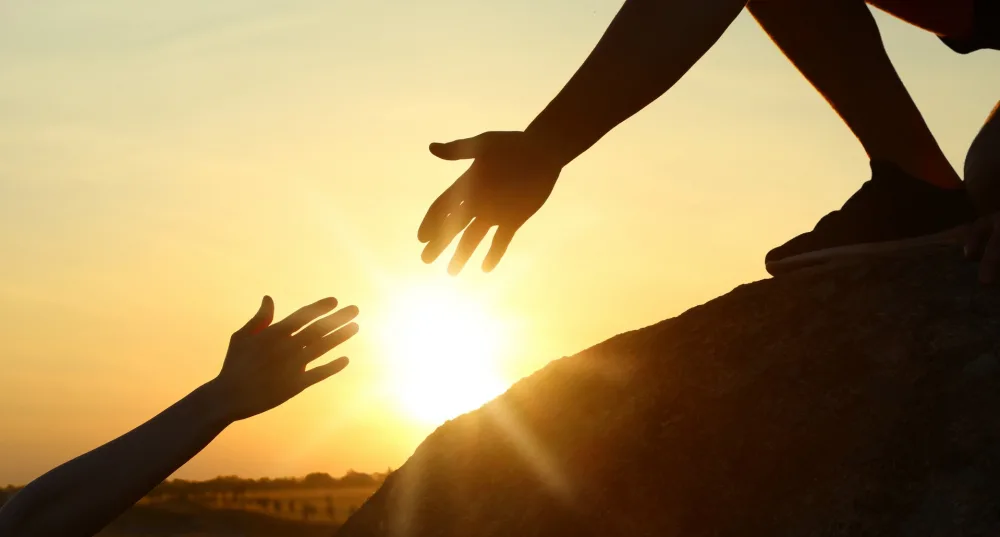• More than one in three women and more than one in four men in the United States have experienced rape, physical violence and/or stalking by an intimate partner in their lifetime.
• 74 percent of all murder-suicides involved an intimate partner (spouse, common-law spouse, ex-spouse or boyfriend/girlfriend). Of these, 96 percent were women killed by their intimate partners.
• One in five female high school students reports being physically and/or sexually abused by a dating partner.
• Interpersonal violence is the leading cause of female homicides and injury-related deaths during pregnancy.
• The percentage of women who consider their mental health to be poor is almost three times higher among women with a history of violence than among those without.
• Women with disabilities have a 40 percent greater risk of intimate partner violence, especially severe violence, than women without disabilities.
Source: American Psychological Association
Though many people believe the term “batterer” implies physical abuse, domestic abuse/violence is more than just physical abuse. Many couples are either unable to identify or are in denial when the abuse is about “control”. Control is one of the most destructive forms of abuse and is the reason that so many abusive situations end in murder/suicide.
By gathering and using appropriate accountability measures and self-awareness tools, abusive partners can eventually have healthy, respectful relationships if they accept responsibility for their actions, identify and challenge the belief systems which contributed to their unhealthy behaviors and learn healthy, non-violent ways to interact with their partners.
Our trained staff are certified instructors in the RESPECT program and are here to help support those individuals currently identified as a “batterer” in his or her journey to shed the label of a “batterer” and engage in healthy and respectful relationships. Please call 732-356-1082 or email rschumann@fcssomerset.org for more details.
